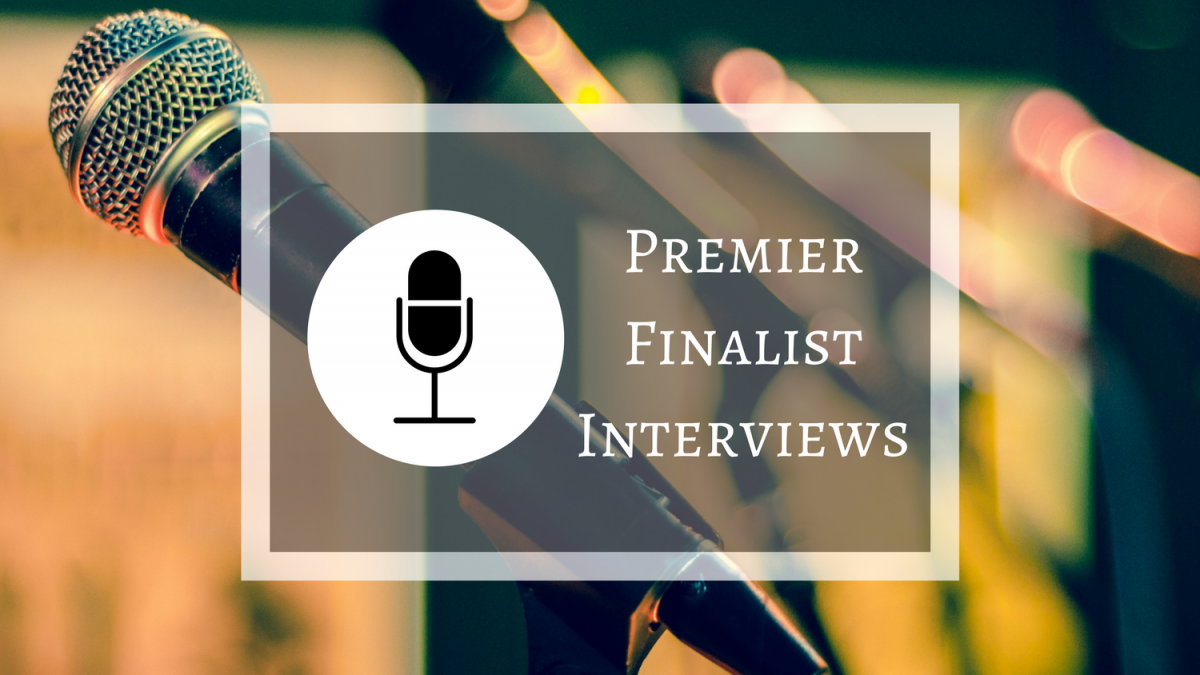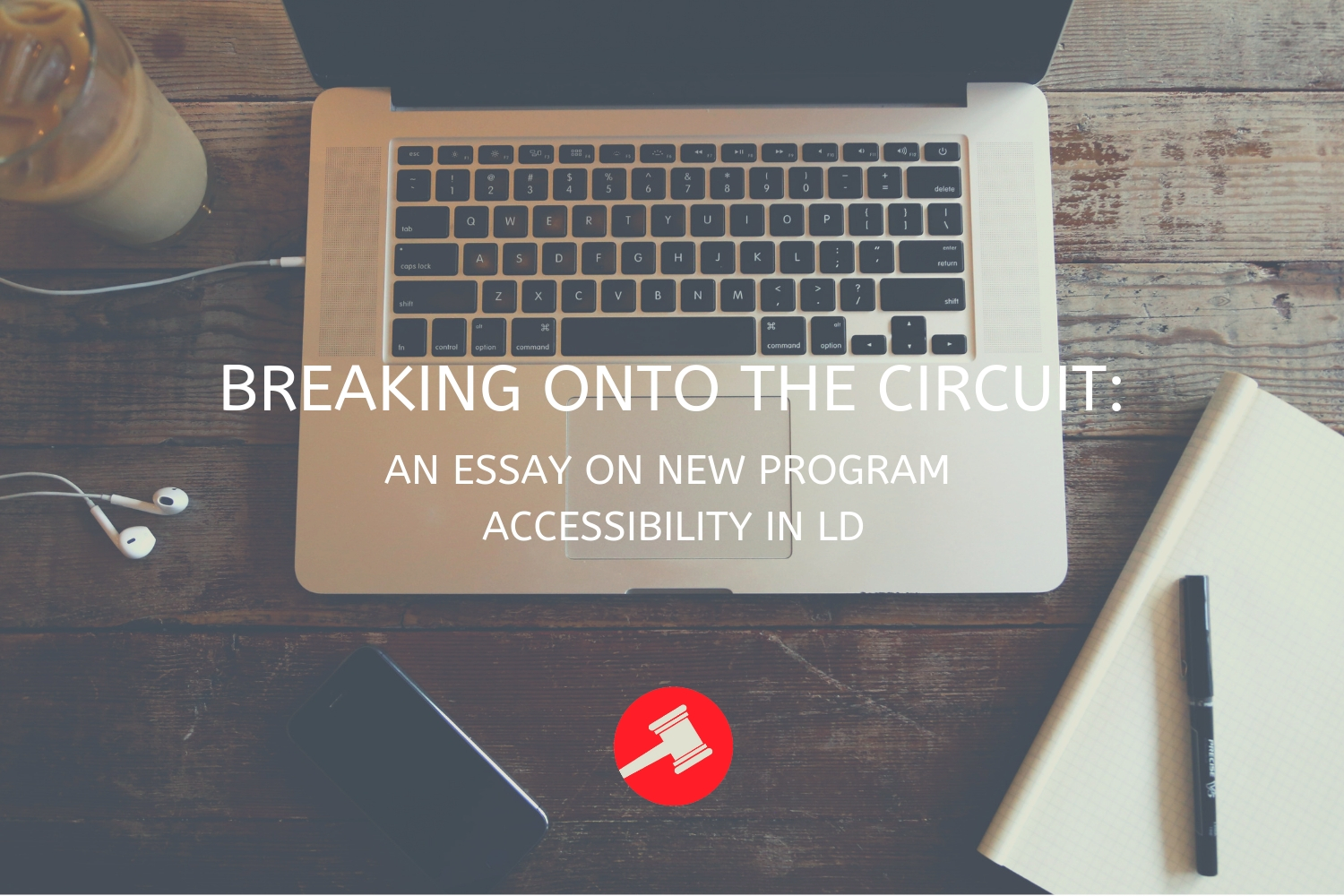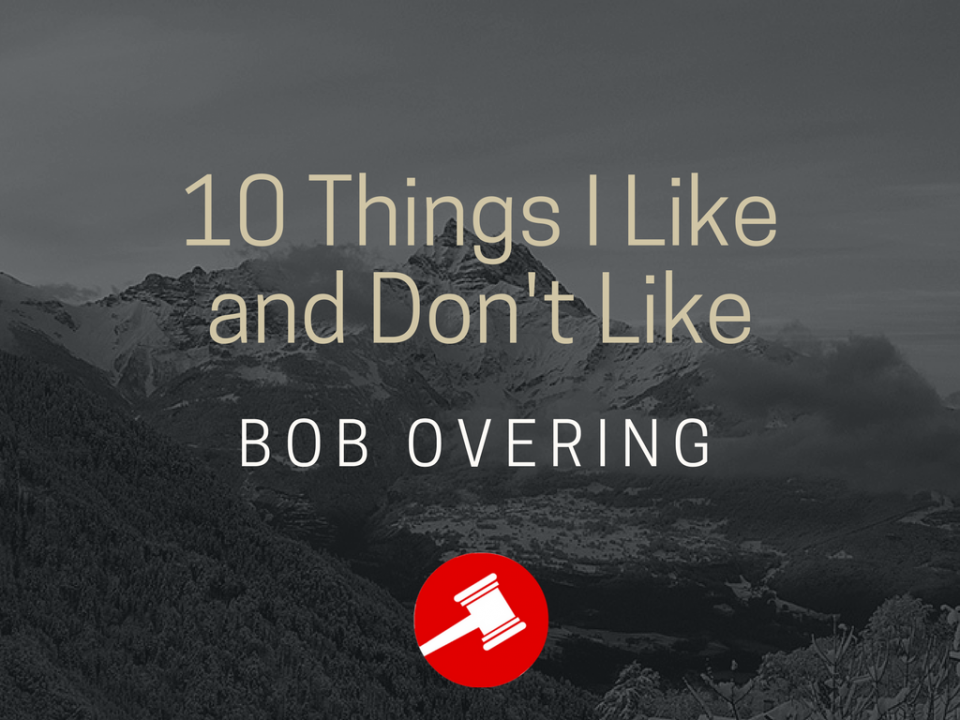2017 Damus Finalist Interviews

Note: if you have questions you’d like us to ask, you can submit them here, and we’ll ask them during the next set of tourney interviews! Due to schoolwork, Harvard-Westlake AM wanted to participate but didn’t have time.
Finalist Interview
Danielle Dosch (Immaculate Heart DD) finished in finals of the Damus Hollywood Invitational. Premier Debate has an exclusive interview with her!
Danielle Dosch (Immaculate Heart DD), Finalist
Question: Wow, another finals appearance. How was the Damus Invitational?
Danielle Dosch: Overall, Damus was a fun experience. Something unique to this tournament is that first speaker is awarded with an iPad!! It’s also a local tournament for me, and it’s nice to be able to go back home after a long day of debating. But, the morning of elims was one of the more stressful experiences I’ve had at a tournament. Elims are not held at Harvard-Westlake, but at a hotel in Sherman Oaks. For those that don’t know, trying to get to the Valley at 8 o’clock on a Monday morning in Los Angeles is literally impossible; the traffic was absolutely horrific.
Despite living only 11 miles away from the hotel and leaving at 6:30am, my commute took about an hour and a half. I made the mistake of taking what I thought would be a short cut, and it ended up adding a half hour on my drive. At one point, I was at a complete stand still and had not moved an inch through five stoplight cycles; I considered parking my car and just running the rest of the way. I called my coach and basically just broke down, convinced that I would have to forfeit my debate. Luckily, other competitors and judges were in the same position as me, and everything was okay in the end. Quite a way to start the day!
Q: What a hectic start! Of course, you made it to finals anyway, as we’ve seen repeatedly from you this year. With such high performance, how do you balance debate with schoolwork, college apps, etc. in your senior year?
DD: Not going to lie, it’s difficult to find time to do it all! This week was especially rough because Damus started only two days after the Early Action deadline – getting apps done on time and cutting a tournament’s worth of new prep was quite the challenge. I think it’s really important to plan ahead. Starting apps over the summer, turning in assignments before they’re due, and using the plane ride home to get some studying in are all tricks I’ve picked up that make the workload much more manageable. I am also lucky to have so much administrative support and reasonable teachers who forgive my frequent absences.
Q: With limited time, how do you maintain effective and efficient practice? Do you have tips for running a successful practice?
DD: It’s important to remember that you are most likely a member of a team, and that every member of that team has different needs. I try to allocate a good amount of time to not only preparing for my future debates, but also conducting drills for my teammates and lecturing/ working with our new debaters.
In terms of drills, my favorite drill to do is a Hell 1AR. In my opinion, the 1AR is the most difficult speech to give, which is why it’s also the most exciting. In this drill, debaters are expected to give a typical 4-minute 1AR against an extended 1NC (10-12 minutes; multiple off case + a ton of case answers). I think this drill teaches debaters not only to be as efficient as possible, but also to make decisions about strategy and collapse. It’s also helpful to edit this drill based on whatever tournament is coming up; the 1NC should mimic the strategies you will most likely see.
Q: In-round strategy plays a crucial role in success, so I can see why Hell 1ARs would help. Have you noticed any bad in-round habits from other debaters?
DD: We debaters steal so much prep. We need to stop the “can you delete what you didn’t read?” trend. It’s one thing to ask if an opponent skipped over a certain card, but to take 5 minutes before CX or prep to send a new document or to go over every argument someone did or did not make is a little ridiculous. I think what bothers me most about this habit is that it is totally avoidable. If you want to take the time during an opponent’s speech to compile your speech doc or write out answers, that’s your prerogative, but you can’t then expect your opponent to fill you in on what you missed because you weren’t listening. We should just be selective with what we send to our opponents (obviously don’t flash someone everything that’s under the 1ar frontlines hat). Additionally, we should listen to our opponents’ speeches! At the very least, we can ask what was not read, but we cannot expect everyone to wait on us while we delete those arguments from the doc.
Q: With so much success, is there anything that sticks out that less-successful debaters might not know??
DD: I think I’ve addressed this before, but having a focused and process-oriented mindset is so important in terms of having success. Treat every debate like it’s round 1. Try not to worry about how an individual win or loss will impact your overall success at a tournament, or how your performance at one tournament will impact your success for the rest of the year.
Q: Thanks again for sharing insight with the community! Any last comments?
DD: I wanted to give a shout out to my teammates on their amazing performances, and a shout out to my coach and older brother, David. Their support and hard work means everything!
Thanks so much to Danielle for sharing her perspective with the community! If you appreciate these interviews, please leave us some feedback (either in this survey or in the comments below).


